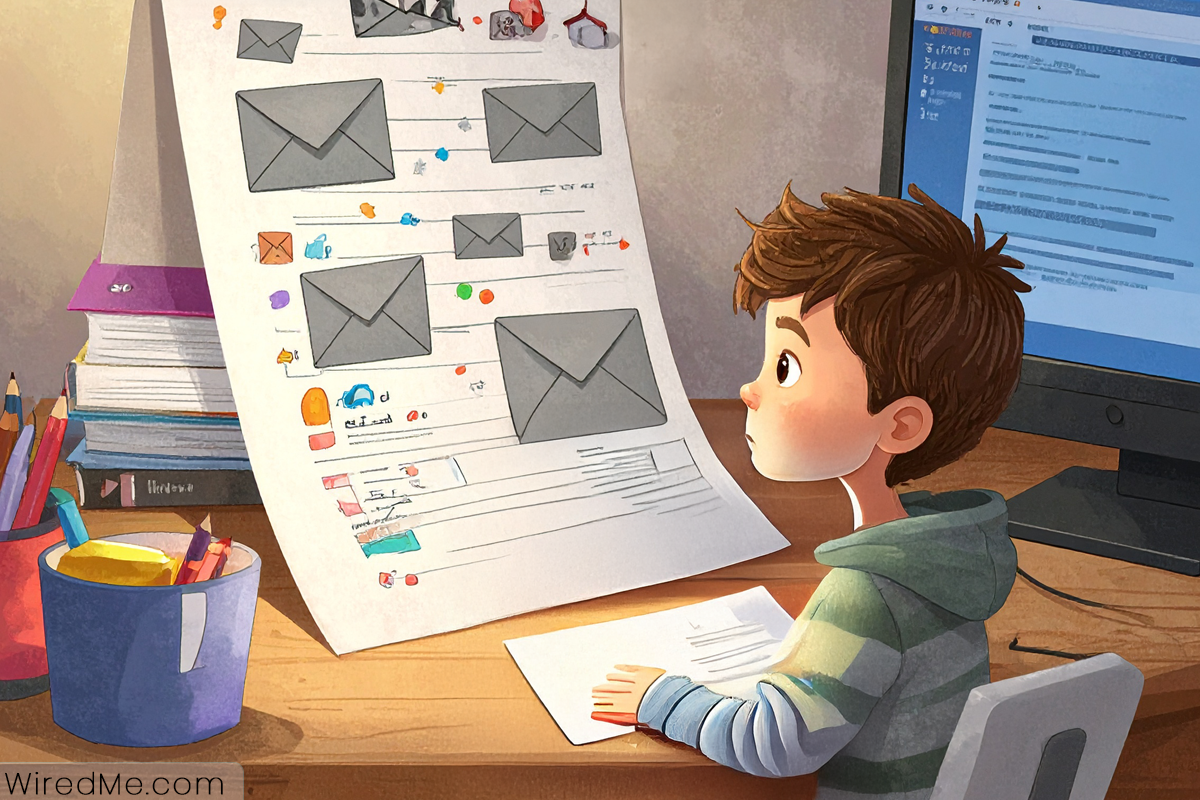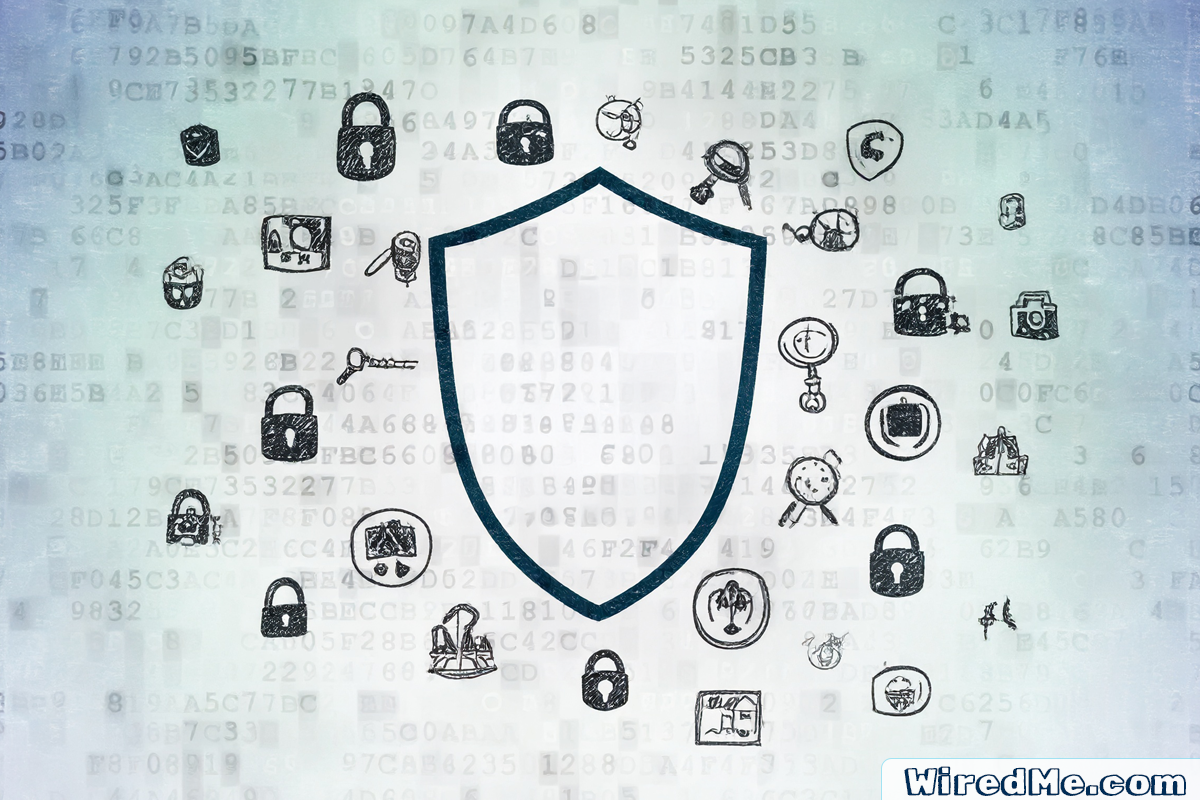Security Basics
Security basics protect families. First, set strong passphrases. Next, add simple device locks.
Then, practice spotting phishing. Short weekly drills work best.
5-minute drills
- Passphrase swap: replace one word with a surprising word
- Phish or legit: read a subject line and decide
- Lock check: stand up, walk away, verify it is locked
-

Media Literacy for Kids: How to Verify Ads in 3 Simple Ways
Media literacy for kids is learning to read the internet like a label. First we pause, then we check the clues, and finally we decide what to do. This quick routine helps kids tell the difference between learning content and a sales pitch, so everyday browsing feels safer and calmer. What media literacy means Media
-

Strong Passwords for Kids: Easy Passphrases They Can Remember
Strong passwords for kids start with passphrases. A passphrase uses four short words. As a result, it is easy to say and hard to guess. In short, long and simple wins over short and fancy. Strong passwords for kids: the passphrase rule Also, avoid names, teams, pets, and birthdays. Because those are easy to guess,
-

Spot the Phish: Why Kids Need This Simple Free Secure Checklist
As a web developer and parent, I see the same inbox tricks our kids will face. That is why I teach kids phishing worksheet with paper, pencils, and short chats. The goal is not fear. Instead, the goal is a pause habit and a simple way to check messages together. Kids Phishing Worksheet starts with
-

Want to Teach Cyber Security for Young Kids? Start Here
When people hear “cyber security,” they often picture teens on social media, hackers in hoodies, or password breaches at big companies. But the truth is, cyber security for young kids starts much earlier. Even in the early elementary years, children can begin learning how to protect their information, build trust with adults, and think before
-

Cyber Security for Kids: Screen-Free Ways to Teach Safety in the Digital World
Cyber security for kids might sound like a topic for older students, but it’s never too early to build safe digital habits. Even young children in grades K to 3 can start learning how to protect their information, think before they share, and ask for help when something seems off. Best of all, you don’t
